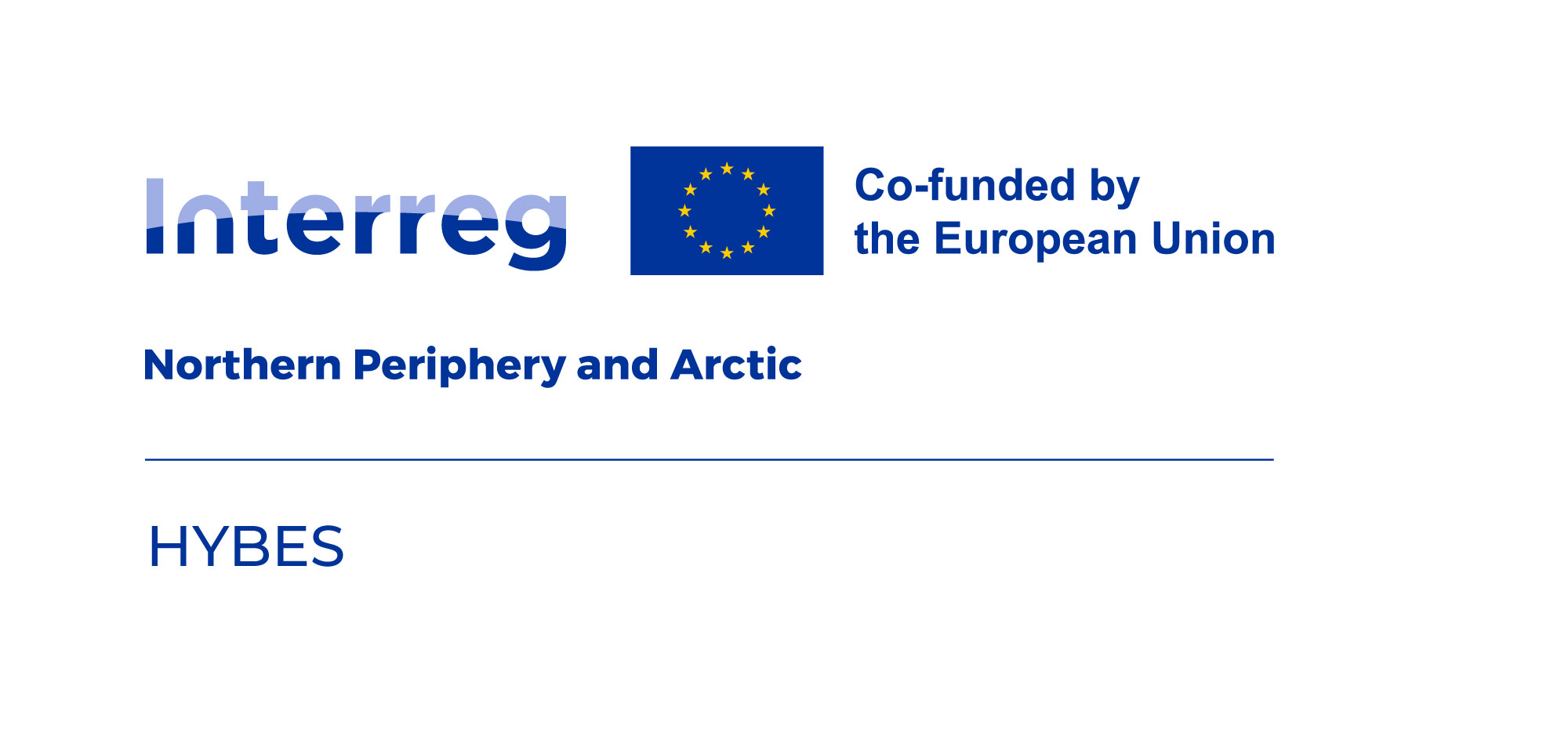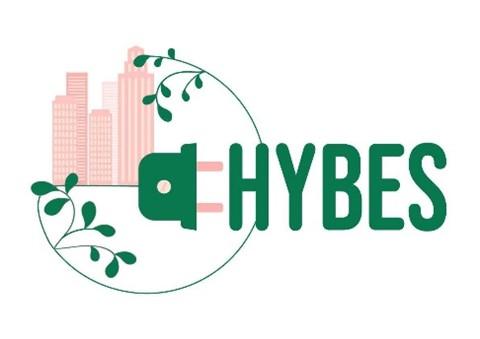The HYBrid Energy Systems for remote communities (HYBES)
HYBES is an international development and research project funded by the Interreg Northern Periphery and Arctic Programme exploring hybrid energy systems integrating renewable energy sources and energy storage technologies to provide sustainable energy solutions for Arctic communities.
Local Engagement
The Arctic is a unique and challenging environment for energy systems due to its extreme weather conditions, long periods of darkness, and limited infrastructure.
Local communities still rely on fossil fuels, which are environmentally unsustainable for their energy needs. The HYBES project aims to develop, implement, and promote more sustainable energy solutions for Arctic communities.
HYBES project will identify and engage relevant stakeholders, including local communities, policymakers, and industry stakeholders, to ensure that the project results are aligned with their needs and interests.
PROJECT PARTNERS
- Norway: Nordland Research Institute (lead), Bodø Municipality.
- Sweden: City of Umeå, Umeå University.
- Faroe Islands: Environment Agency.
- Ireland: Cork County Council, University College Cork, and Secure and Fix It Enterprises T/A NCE Insulation.
- Iceland: National Energy Authority.
HYBES aims to strengthen the capacity for climate change adaptation and resource sufficiency in Northern Periphery Area, promote energy efficiency, and reduce greenhouse gas emissions.
HYBES will demonstrate how decarbonisation measures can benefit communities and individual households financially and environmentally using existing best practices and novel innovations. We will show this through tangible outputs and education on the value of decarbonisation.
Changing Citizen Behaviour : Living Lab for Co-Creation and Capitalisation for Decarbonisation:
To facilitate societal impact using citizen-centred and participatory design principles, allowing co-creation of innovative solutions for decarbonisation, and developing the living lab to achieve behavioural change.
Identifying potential hybrid energy systems and their impact:
To analyse how buildings in the area can use locally produced RES to facilitate upscaling of best practices and energy-efficient models and to pilot monitoring of social and rural housing energy systems.
Flexible renewable solutions for the Northern Peninsula Area:
To demonstrate how solar and geothermal energy and intelligent energy solutions can help achieve Near Zero Energy Buildings in remote and Arctic communities and how flexible RES in districts create storage and sharing systems for EV.
The project will:
- Refine 5 ‘living labs’ in regions to promote and develop dedicated Decarbonisation Zones in rural and peripheral areas, which can be replicated across the NPA region & beyond.
- Identify good practices and techniques to address decarbonisation challenges and help achieve carbon neutrality.
- Facilitate co-creation and citizen engagement to build citizen knowledge around the benefits of decarbonisation.
- Offer interaction with communities and stakeholders within the NPA region.
- Develop a ‘carbon school’ initiative to enable children to see the benefits of decarbonisation initiatives to develop curriculum change.


